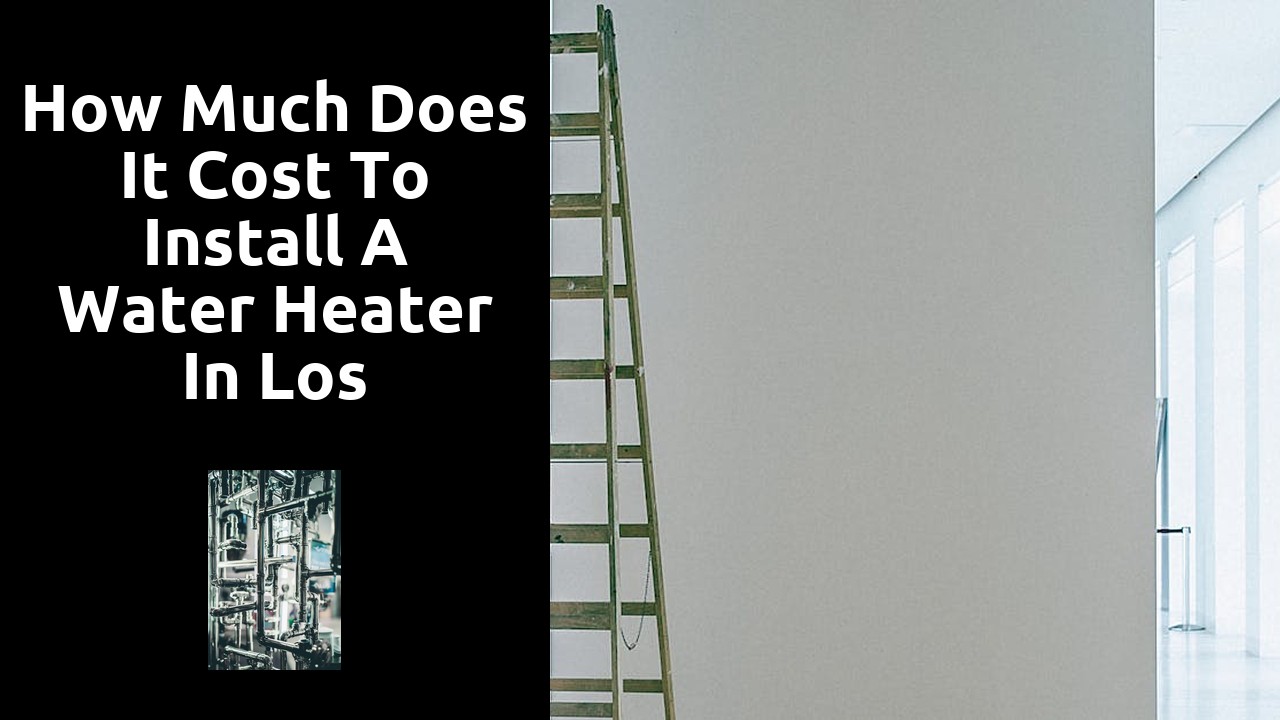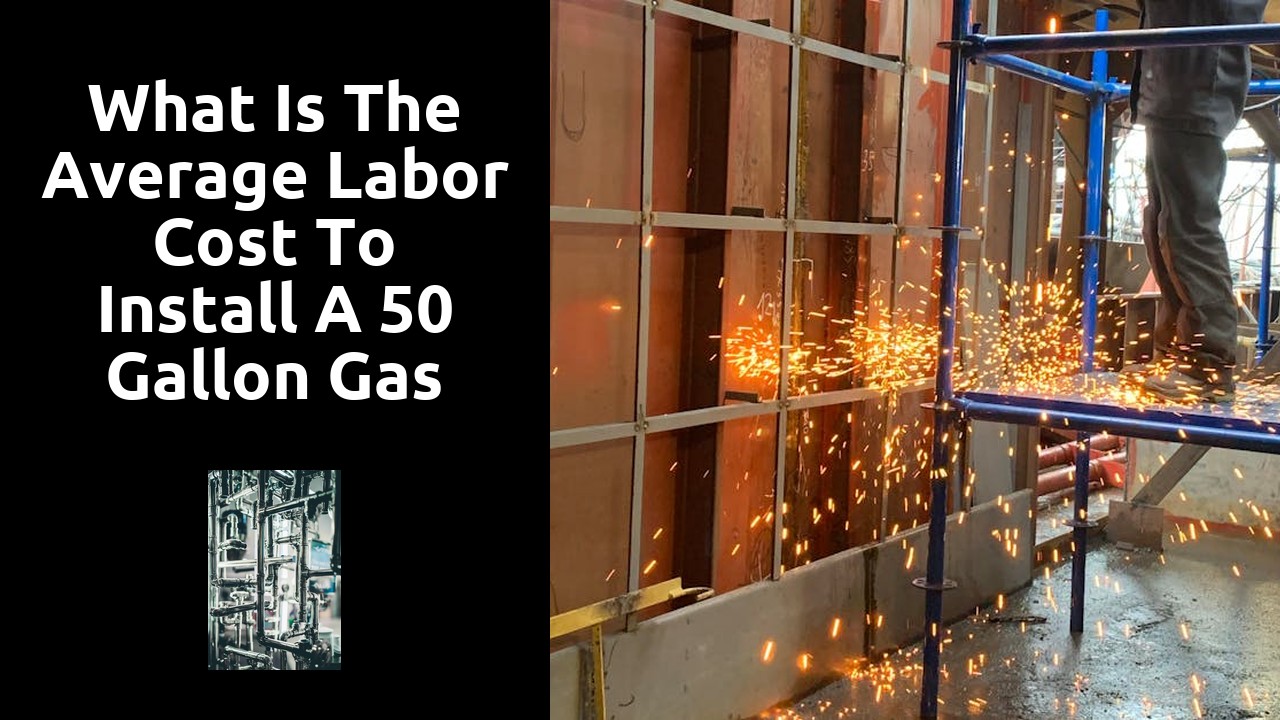
Water heater installation and repair
Velvet Plumbing offers top-notch water heater installation and repair services to ensure that your home or business has reliable access to hot water. Our team of skilled technicians is equipped to handle all types of water heaters, whether they are traditional tank systems or energy-efficient tankless models. We specialize in properly sizing and installing water heaters to maximize efficiency and reduce energy costs. In the event of a malfunction or breakdown, our experts can quickly diagnose and repair any issues to get your hot water flowing again in no time. Trust Velvet Plumbing for all your water heater installation and repair needs.
Understanding the Different Types of Water Heaters
When it comes to water heaters, there are several types to choose from based on your specific needs and preferences. The most common types include storage tank water heaters, tankless water heaters, heat pump water heaters, and solar water heaters.
Storage tank water heaters are the traditional option that stores and heats water in a large tank. They are generally the most affordable option upfront but may be less energy-efficient than tankless alternatives. Tankless water heaters, on the other hand, heat water directly without the use of a storage tank, providing a continuous supply of hot water. While they are more energy-efficient and compact, they can be more expensive to install initially. Heat pump water heaters and solar water heaters are also eco-friendly options that utilize renewable energy sources to heat water, making them cost-effective in the long run.
Pros and Cons of Tankless vs. Tank Water Heaters
Tankless water heaters have gained popularity for their energy efficiency and space-saving design. Unlike tank water heaters that store and heat a large amount of water continuously, tankless heaters only heat water on-demand, leading to potential energy savings. Additionally, tankless water heaters have a longer lifespan compared to traditional tank heaters, which may justify their higher initial cost.
On the other hand, tank water heaters are known for their lower upfront cost and ease of installation. They are typically less complex than tankless heaters, making them more suitable for DIY installation projects. However, tank water heaters are less energy-efficient as they continuously heat water, even when not in use. This can result in higher energy bills compared to tankless water heaters.
DIY vs. Professional Water Heater Installation
When it comes to water heater installation, one of the key decisions homeowners face is whether to attempt a do-it-yourself (DIY) installation or hire a professional. While a DIY installation may seem like a cost-effective option, it can come with risks and challenges that could end up costing more in the long run. Professional installations offer the expertise and assurance that the job will be done correctly and safely.
DIY installations require a good understanding of plumbing systems and electrical connections. Errors in installation can result in water leaks, electrical malfunctions, or even damage to the water heater itself. Professional installers have the training and experience to navigate any obstacles that may arise during the installation process, ensuring that your water heater functions efficiently and effectively for years to come.
Benefits of Hiring a Professional for Water Heater Services
Hiring a professional for water heater services can save you time and hassle in the long run. Professionals have the knowledge and expertise to correctly diagnose issues with your water heater and provide efficient solutions. Their experience allows them to quickly identify problems and conduct repairs or installations effectively, ensuring that your water heater functions optimally.
Furthermore, professionals are equipped with the necessary tools and equipment to handle water heater services safely and accurately. Attempting to DIY water heater repairs or installations without the proper knowledge or tools can result in costly mistakes and even pose safety risks. By hiring a professional, you can have peace of mind knowing that the job will be done right the first time, ultimately extending the lifespan of your water heater and preventing future issues.
Extending the Lifespan of Your Water Heater
To ensure your water heater lasts as long as possible, regular maintenance is key. One simple yet effective tip is to flush your water heater annually to remove sediment buildup that can cause corrosion and reduce efficiency. Additionally, check the temperature and pressure relief valve periodically to make sure it is functioning properly and releasing excess pressure as needed. These small maintenance tasks can go a long way in extending the lifespan of your water heater and avoiding costly repairs or replacements.
Another way to prolong the longevity of your water heater is to insulate the hot water pipes connected to it. By insulating the pipes, you can reduce heat loss as hot water travels from the heater to your faucets, which in turn can help the water heater work more efficiently and ultimately last longer. Furthermore, adjusting the thermostat on your water heater to a slightly lower temperature can also help reduce wear and tear on the system by decreasing the demand for constant heating. By following these simple tips, you can maximize the lifespan of your water heater and ensure it continues to provide hot water efficiently for years to come.
Tips for Prolonging the Longevity of Your Water Heater
To extend the lifespan of your water heater, regular maintenance is key. One simple yet effective tip is to flush your water heater regularly to remove sediment buildup. Over time, sediment can accumulate in the tank, causing inefficiency and potential damage. By draining and flushing your water heater at least once a year, you can help prevent these issues and ensure optimal performance.
In addition to flushing your water heater, it's important to check the temperature and pressure relief valve regularly. This valve helps to regulate the pressure inside the tank, preventing overheating and potential explosions. Testing the valve periodically to ensure it is functioning correctly can prevent costly damages and ensure the safety of your water heater system. By incorporating these maintenance tips into your routine, you can prolong the longevity of your water heater and avoid unexpected breakdowns.
FAQS
What are the different types of water heaters available in the market?
The main types of water heaters include tank water heaters, tankless water heaters, heat pump water heaters, and solar water heaters.
What are the pros and cons of tankless vs. tank water heaters?
Tankless water heaters are more energy-efficient and provide hot water on demand, but they have a higher upfront cost. Tank water heaters are cheaper to install but may lead to standby heat loss.
Is it better to opt for DIY water heater installation or hire a professional?
While DIY installation may save money, hiring a professional ensures proper installation, adherence to safety regulations, and potential warranty coverage.
What are the benefits of hiring a professional for water heater services?
Professionals have the expertise to install and repair water heaters correctly, can provide recommendations on the best type of water heater for your needs, and may offer maintenance services to extend the lifespan of your unit.
How can I prolong the lifespan of my water heater?
Regular maintenance such as flushing the tank, checking the pressure relief valve, and adjusting the temperature can help extend the lifespan of your water heater. Additionally, insulating your tank and checking for leaks can prevent issues and improve efficiency.


